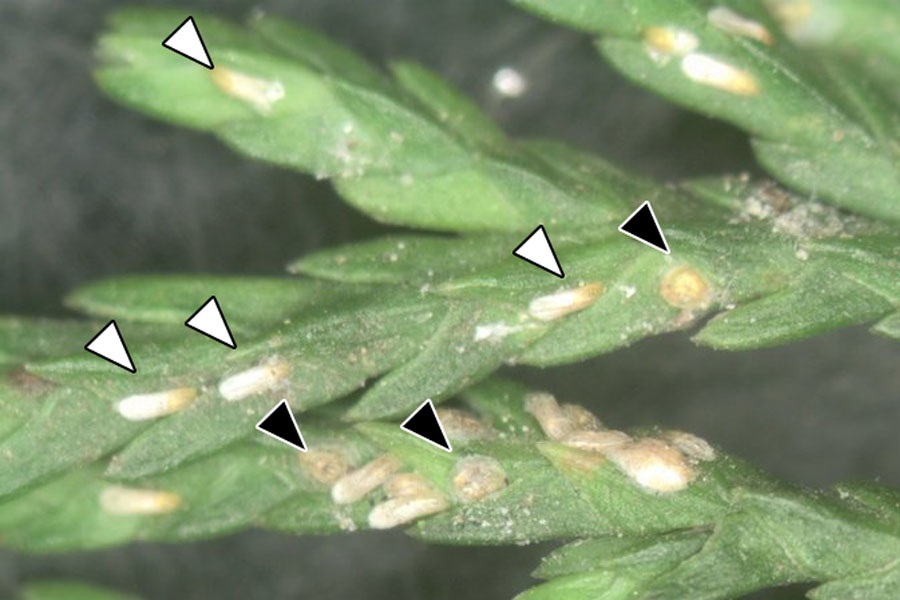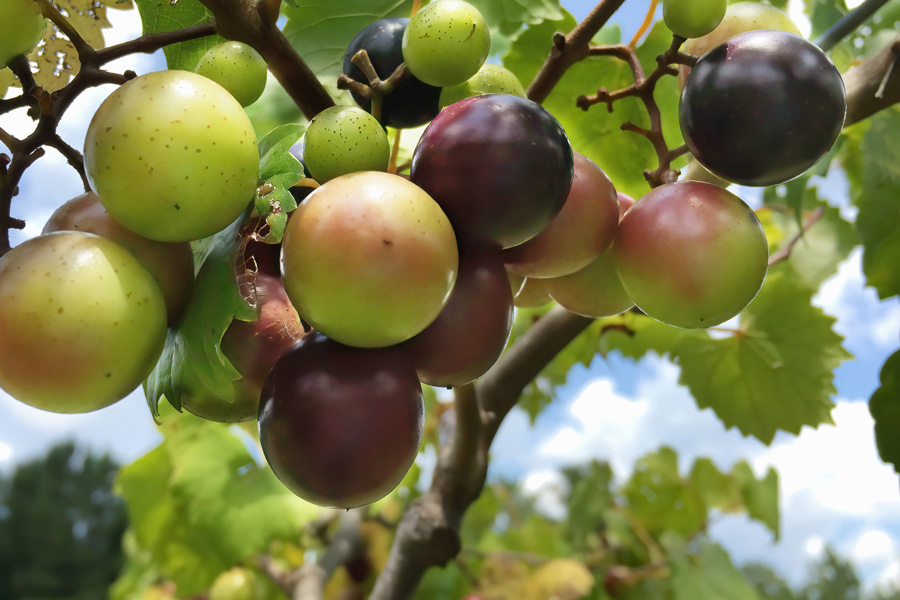Be Physically Active: Keep your family fit by encouraging them to be physically active.
Children are constantly learning new skills as they grow. For young children, a major way of learning is through active play. Young children should engage in 60 minutes of structured physical activity and 60 minutes of unstructured active play every day. Physical activity helps children develop physical and social skills.
Physical Skills
As children grow, movements become more coordinated and purposeful. Preschoolers can gain skills such as hopping, balancing on one foot, riding a tricycle, catching a ball, doing a somersault, and skipping. You can help your child develop these skills by creating relay races or kicking a soccer ball.
Social Skills
Children also develop socially during active play. Children build skills such as sharing, taking turns, cooperating with others, and resolving conflict. You can help your child build these skills by playing a game focused on having fun instead of winning and losing.
*The Nemours Foundation. (2012). KidsHealth: Raising a Fit Preschooler. Retrieved from http://kidshealth.org/parent/fit_preschooler.html
Family Fun Activity: Giant Boardgame
Use this easy activity to help your child learn.
What You Need:
- Sidewalk chalk
- Sidewalk or driveway
- Dice
What To Do:
- Use sidewalk chalk (or masking tape if you are inside) to create a game board with squares in a line
- On each game space, write or draw a challenge to be completed. For example:
- Act like your favorite animal
- Hop like a bunny
- Jump in place
- Leap frog
- Throw a ball
- Play the game with your child by taking turns rolling the dice
- Encourage your child to help you count while moving the number of spaces shown on the dice
- Complete the challenge shown on the space
This is publication 20 out of 24 in the Eat Healthy, Be Active: Keeping Children Healthy at Home and School series. For more information visit www.eathealthybeactive.net






